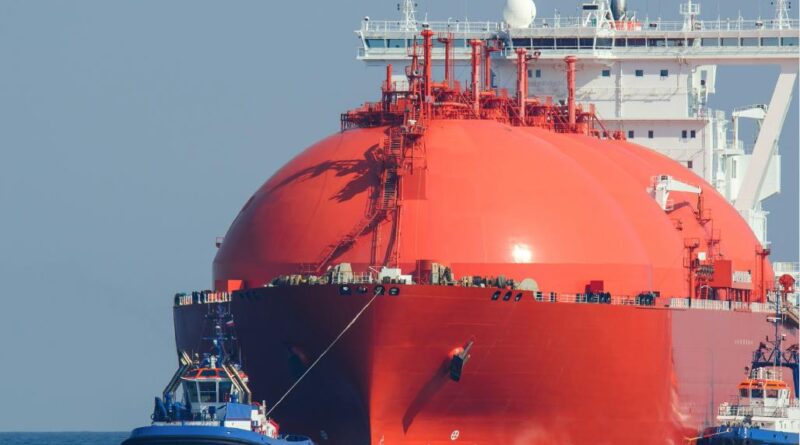Soaring fossil fuel prices are a threat to energy transition
The crisis caused by Russia’s invasion of Ukraine is the most significant shock to world energy markets since the 1970s. Like the oil shocks of that decade, it is forcing a fundamental rethink of the economics and politics of energy, as governments and businesses reassess Russia’s role as a supplier to the world.
As in the 1970s, the immediate crisis has been years in the making. The strong rebound in energy demand as the world economy recovered from the impact of the Covid-19 pandemic, combined with a series of disruptions to supply, helped drive up the prices of oil, gas, coal and power.
Investment in upstream oil and gas has fallen sharply in recent years, from an average of nearly US$ 750 billion a year in 2012-16 to just US$ 400 billion a year in 2017-21, limiting the industry’s ability to respond as demand has risen.
The big difference from the 1970s is that, today, the world is trying simultaneously to address another problem: the threat of catastrophic climate change. To achieve the Paris Agreement’s goal of limiting global warming to within 1.5 °C from pre-industrial levels, global greenhouse gas emissions need to start falling very soon and drop to net zero around 2050.
There is an inescapable tension between the urgent problems of energy security and affordability, and the long-term challenge of climate change. Policies, investment decisions and corporate strategies intended to address the climate threat have so far had only a marginal effect in terms of reducing demand for fossil fuels, which still account for about 80% of global primary energy. But they have at times served to restrict supplies of those fuels and helped drive up the cost of energy, sometimes inadvertently.
Soaring fossil fuel prices are a threat not only to consumers and the economies of energy-importing countries, but also to the energy transition itself. Governments in Europe and America say high fossil fuel prices strengthen the case for the transition to low-carbon energy. But high fuel costs and energy shortages can also stoke a backlash against climate policies.
For people on low incomes struggling with fuel costs, it is not much help to be told that they should buy an electric vehicle. If governments want to continue to make progress on cutting emissions, they will need to show that they can deliver energy security and affordability at the same time.
Making decisions on these conflicts is not easy. They often involve questions of politics and morality, as well as technology and economics.



